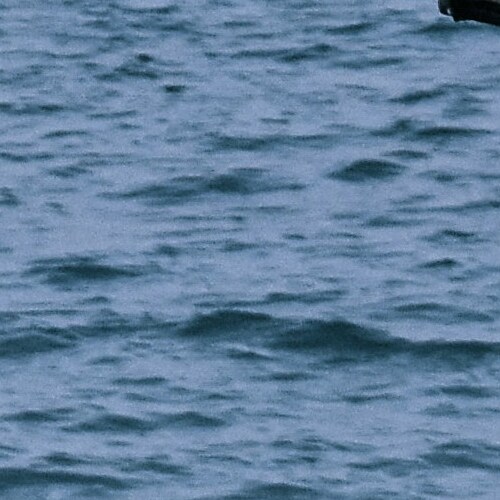Festivals fun
The Battle of Marsa Matruh
The Battle of Marsa Matruh, a significant military engagement during World War II, took place from June 26 to June 29, 1942. Here are key details about this historical event:
- Context of the Battle
- The battle was a part of the North African Campaign during World War II.
- It occurred after Operation Venezia and the capture of Tobruk on June 21, 1942, marking the last major victory of the Afrika Korps under Generalfeldmarschall Erwin Rommel.
- Course of the Battle
- The battle commenced when the German 90th Light Division overran the British Durham Light Infantry and then pursued and trapped the 29th Indian Infantry Brigade at Fuka.
- Rommel aimed to encircle and destroy Lieutenant-General William Holmes’ 10th Corps defending Marsa Matruh.
- The bulk of the British Commonwealth forces managed to retreat under the cover of darkness on the night of June 28-29.
- Outcome
- Despite the escape of many British forces, Marsa Matruh’s remaining defenses were breached on the morning of June 29.
- Approximately 6,500 British Commonwealth troops, including soldiers from the Durham Light Infantry, were captured, alongside 1,600 Indian soldiers who had retreated to Fuka.
- In the advance to Marsa Matruh and Fuka, an additional 2,000 Commonwealth troops were captured, including about 1,000 New Zealanders near Minqar Qaim.
- Historical Significance
- The Battle of Marsa Matruh was a pivotal moment in the North African Campaign, showcasing the tactical prowess of Rommel and the Afrika Korps.
- It also highlighted the challenges faced by the Allied forces in terms of strategy and coordination.
The Battle of Marsa Matruh remains an important part of Marsa Matruh’s history, reflecting the broader context of World War II in the North African theatre. It is remembered for its strategic implications and the significant number of forces involved on both sides.
Created On March 18, 2020
Updated On Aug , 2024
MARSA MATRUH Travel Guide



